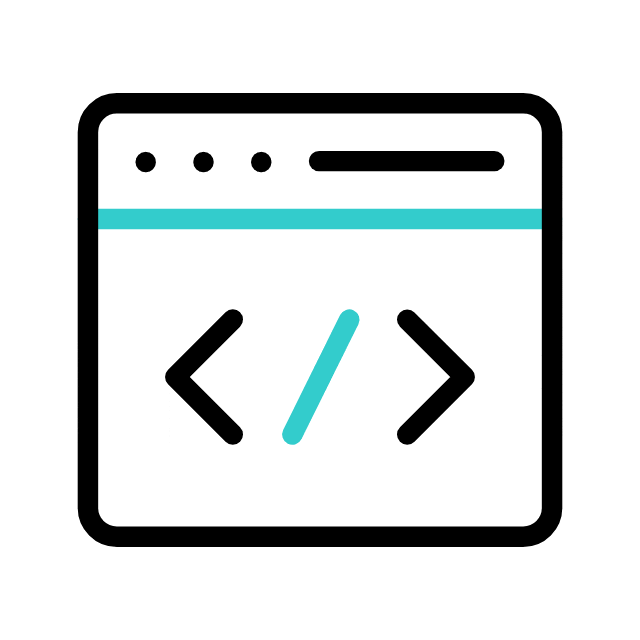SQL stands for Structured Query Language. It is the standard programming language used to communicate with and manage data in relational databases. It's used for tasks like retrieving data, updating records, creating tables, and setting permissions.
Unlock Your
Data's Potential with SQL
13+
Years of experience Expert SQL Database Design & Management
Expert SQL Database Design & Management Hire Dedicated SQL Developers

Our SQL developers are architects of data. They possess a deep understanding of relational database theory, including data modeling, normalization, and indexing strategies. They are experts at designing database schemas that are both efficient for storage and optimized for fast retrieval, ensuring your applications remain performant even as data volumes grow. Our team is proficient in all major relational database systems, including MySQL, PostgreSQL, Microsoft SQL Server, and Oracle.

A core competency of our team is advanced query writing and performance tuning. While anyone can write a basic SELECT statement, our experts excel at crafting complex queries using advanced joins, subqueries, and window functions to extract precise insights from your data. They are obsessive about performance, meticulously analyzing query execution plans and creating optimal indexes to ensure that your application's data requests are fulfilled in milliseconds, not seconds.
Deep Expertise Across Major Database Systems
Our developers are true SQL specialists with deep, hands-on expertise across the leading relational database platforms, including Microsoft SQL Server, PostgreSQL, MySQL, and Oracle, ensuring we have the right expert for your specific environment.
A Relentless Focus on Performance & Optimization
We don't just store data; we make it fly. Our developers are obsessed with performance tuning, from writing highly efficient queries and designing smart indexing strategies to optimizing database configurations for maximum speed.
Full Data Lifecycle Management
We offer end-to-end data services. Our developers are not only experts in database administration and query writing but also in designing schemas, building complex ETL pipelines, and ensuring data integrity and security from start to finish.
What Makes Us Different?
At Saminus Private Limited, technology isn’t just about code – it’s about solving problems, creating value, and enabling growth. Whether you’re building a website, scaling in the cloud, or developing enterprise applications, we’re here to deliver solutions that stand out and last long.
Performance Tuning & Optimization
A core focus on analyzing execution plans and implementing advanced indexing strategies.
Stored Procedures & Functions
Expertise in writing complex and efficient stored procedures, triggers, and user-defined functions.
ETL & Data Pipeline Development
Skills in building robust ETL (Extract, Transform, Load) processes to move and clean data.
Data Warehousing Concepts
Strong understanding of data warehousing, dimensional modeling, and BI concepts.
Cloud Database Expertise
Experience with managed cloud databases like AWS RDS, Azure SQL, and Google Cloud SQL.
Testing & Data Validation
A commitment to writing tests and validation scripts to ensure data quality and integrity.
FAQs
-
What is SQL?
-
What is a relational database?
A relational database is a type of database that stores and provides access to data points that are related to one another. Data is organized into tables consisting of columns and rows, similar to a spreadsheet. MySQL, SQL Server, and PostgreSQL are all examples of relational databases.
-
Why is query optimization so important?
As a database grows, a poorly written query can become extremely slow, causing the entire application to feel sluggish or even time out. Query optimization is the process of rewriting queries and creating database indexes to ensure that data can be retrieved in milliseconds, even from tables with billions of rows.
-
What is the difference between SQL and MySQL?
SQL is the language you use to talk to a database. MySQL is an actual Database Management System (DBMS)—a specific software program that stores the data and understands the SQL language. Think of SQL as the grammar and vocabulary, and MySQL as a person who understands that language.
-
What are the different types of SQL commands?
SQL commands are generally grouped into categories. The main ones are DDL (Data Definition Language) for defining structure (e.g.,
CREATE TABLE), DML (Data Manipulation Language) for managing data (e.g.,INSERT,UPDATE), and DCL (Data Control Language) for managing permissions (e.g.,GRANT).
-
Can you help us design a database from scratch?
Yes, absolutely. Database architecture and schema design are core parts of our service. We can work with you to understand your data requirements and design a robust, scalable, and efficient database structure from the ground up.
